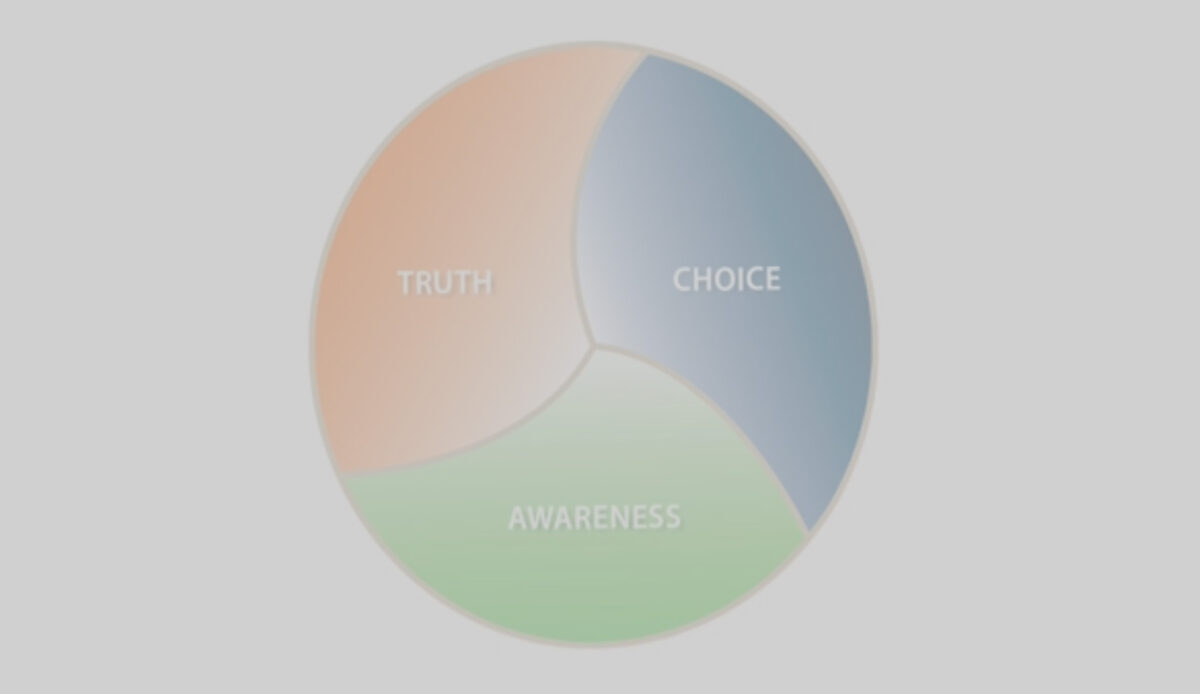In this episode, hear from the founder of Gallaher Edge, Laura Gallaher, how she came to accept herself and lead more authentically.
• Laura’s story
• Authenticity’s roots in philosophy and social science
• What you can do increase your self-awareness and self-acceptance
When I started my career, I was very head-strong and opinionated. I thought of myself as a natural leader, and the way that I had conducted myself so far seemed to lead me to success. I’m naturally pretty left-brained, and I want people to be as logical as I am.
As somebody who works in the field of development, I am a big believer in the value of doing 360 degree feedback, where I select multiple people to provide me with their opinions of my performance on dimensions of leadership. The first couple times I did this, nothing too startling emerged. In fact, the feedback that I received was quite positive, and helped boost my confidence and make me feel good about who I am.
Then, after 3 years in my career, I took another 360 assessment. This one was a little bit different, because it allowed raters to indicate how often they thought I used negative influence techniques. Five out of 11 people told me I should be less intimidating!! One of the coaches at this leadership development session later told me “You should have seen your face, it was so funny!” Well, I don’t know exactly what my face looked like or how funny I would have found it, at least during that week, but I can imagine it was some combination of shock, sadness and disbelief. Be less intimidating….what did that even mean??
I worked hard that week identifying behavioral things I do that people could find intimidating (whether it was my intention or not), and came back to my teammates to say, here’s what I plan to do differently. I tried very hard to stay conscious of my behavior and approach people differently, and I noticed that it became more and more exhausting to be around people. I was regularly behaving in a way that felt inconsistent with my authentic self. But I had gotten this feedback that really upset me when I was being myself, so I couldn’t do that!
Well, after a couple years, it started to feel far more like habit, and I was really starting to feel pretty good about the way others perceived me. And then one of my closest friends made a conscious decision to exit my life, without explanation. I was totally blown away, confused, sad, devastated, and at a loss. My confidence in myself really took a hit, and my self-acceptance was at an all-time low.
Today, my self-acceptance is at a very good level. So, how did I get there? After going through coaching, building relationships with new friends and leaning more on other existing friends, I slowly re-built my confidence. I think two key things were different this time around.
One is that because this experience shook me to my core, some of what I had previously tried to change only on the surface now took root in my fundamental values. I remember that before the experience, I read a book that described the importance of “genuinely loving everybody”. Even as I write that now, I can remember my gut reaction to crinkle my eyebrows, like, “really?” But after this experience, I got it. Whatever behavior people put out in the world is a product of their whole selves: their personality, traits and their experiences. Many of my flaws emerged because of the experiences I had in life. The people who genuinely loved me as a human were the ones who were able to see past those flaws and help me grow into a better person.
The second key thing that was different was knowing that not everybody will like me. I know, I know, this is what you hear since first grade, “Not everybody is going to like you…” but it took me until my late twenties to really get it. Really internalizing that, and knowing when to let go is critical to my self-acceptance. I will never be perfect. It’s my imperfections that make me interesting, approachable, and, dare I say….less intimidating?
Having gone through this myself, I feel a strong empathy to my clients who are going through large change. It can be challenging and draining, and then – unbelievably rewarding. I see in clients sometimes the tendency to want to just change that outer shell, and tweak behavior without doing some of the deeper work, and I know, I’ve been there. If this resonates with you, I want you to know, it may work for a little while, but before long it will start to feel like you’re playing a role and you’ll feel overwhelmed by this urge to scream “I just wanna be me!” Identify who you are in the truest sense, after peeling back the layers of the onion, and then build on that core so as you grow you’re not straying from your authentic self, but rather you’re evolving as you maximize your potential.
The hardships that I experienced have helped me grow to be a better person, and it can be difficult to reflect on and share. But it also helps me realize how far I’ve come. I will continue to accept myself as I am, my authentic self, and I will never stop trying to be the best version of me that I can be.
Ready to take your leadership to the next level? Get your FREE copy of my eBook, Level Up: 3 Steps to Be a Better Leader. Click here to download!

